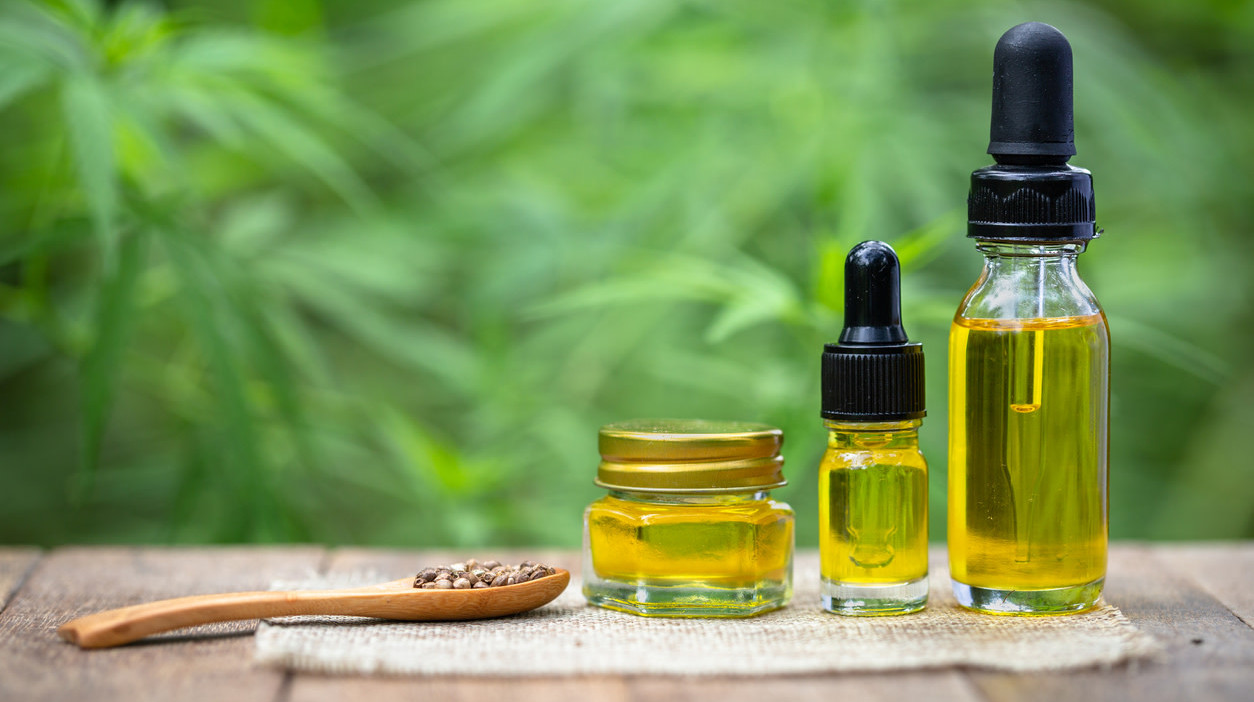Your Periodic Reminder That CBD-Infused Foods Aren't FDA-Approved
The FDA has an FYI about CBD. Yesterday, the U.S. Federal Food and Drug Administration issued warning letters to 15 companies for making medicinal claims about the benefits of CBD-infused foods in their marketing material. That means any claims touting its stress-relieving and anti-inflammatory powers (as well as its "anti-cancer" properties) are, from an institutional perspective, unfounded.
That said, the FDA isn't saying CBD is unsafe to ingest. They're saying it hasn't officially been proven that CBD is safe to eat, or that doing so has medical benefits. (The FDA has only approved CBD as a treatment for two rare forms of epilepsy.) Basically, there's not enough evidence in either direction for the federal government to definitively say CBD is good or bad. For a product to qualify as a drug, it has to undergo lab testing, then animal testing, then multiple rounds of testing in humans, then that data must be submitted to the FDA for approval. Getting FDA-approved takes a while, and it's worth remembering that CBD is relatively new to the market. But the department says it's working quickly to figure out how to properly regulate cannabis-derived compounds like CBD, so hopefully we'll have more answers soon.
A similar thing happened in 2014, but with essential oils. The FDA issued warning letters to several oil companies, saying distributors needed to knock it off with making health claims to sell their oils. (According to the letter, folks had claimed the oils soothed everything from Parkinson's to cancer to Ebola.)
Along with the letter, the FDA released a consumer update about CBD, including potential dangers, side effects, and yet-unanswered questions. You can read that here. Be safe out there, kids.
